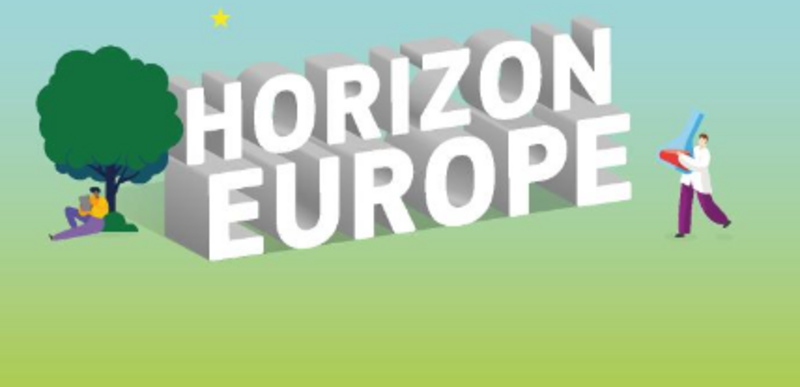Ziņas
European Researchers’ Night at the University of Latvia: A Magnetic Encounter with Science
On September 26, the University of Latvia opened its doors for the European Researchers’ Night, a celebration of science that brought together curious minds of all ages. Among the many exhibits, the Laboratory of Magnetic Soft Materials and the Living Materials Group invited visitors to explore the fascinating world of magnetism and microbes.
For Damien Faivre, senior researcher and head of the Living Materials Group, this event carried special significance. Having recently moved from France to Latvia, it was his first European Researchers’ Night at the University of Latvia. Reflecting on the experience, he shared: “It was a pleasure to show a glimpse of our research together with colleagues from the Laboratory of Magnetic Soft Materials. I was happily surprised by the number of people visiting and their willingness to learn. As scientists, we always hope to change the world for the better—but after tomorrow, not directly tomorrow.”
The enthusiasm of the crowd was evident, especially among young visitors who posed challenging and insightful questions about magnetotactic bacteria, their ecology, structure, and potential applications.
Science Comes Alive: Interactive Exhibits
Visitors were invited to step into unique experiences designed to make complex science both visual and tangible:
Magnetic Magic (Laboratory of Magnetic Soft Materials)
Watch magnetic particles self-assemble into beautiful patterns, explore a shifting magnetic maze, and witness the mesmerizing flow of magnetic fluids. These demonstrations revealed how unseen forces shape the world around us, sparking both awe and curiosity.
The Hidden World of Magnetotactic Bacteria (Living Materials Group)
Under the microscope, guests discovered magnetotactic bacteria—microscopic organisms that navigate using Earth’s magnetic field. Guided by invisible forces, their collective dance highlighted surprising links between biology and physics. Researchers shared how studying these unique bacteria could inspire future innovations.
The University of Latvia’s participation in the European Researchers’ Night once again proved that science is not just about discovery in the lab—it’s about sharing knowledge, sparking curiosity, and building bridges between researchers and society.

 LU konference
LU konference
